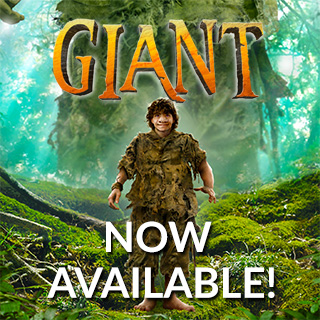Why I Still Believe in Happy Endings (Even in a Troubled World)

From the time I was a young boy, lying in bed and listening to my mother read stories aloud, I found myself drawn to tales that ended with a glimmer of hope. Not because they were predictable or saccharine — but because they felt like a lifeline. Even as a child, I sensed that life could be messy, complicated, and sometimes painfully unfair. But if a story could land in a place of healing, redemption, or even joy, then maybe — just maybe — so could we.
Now, decades later, I still believe in happy endings. Not because I’m naive, but because I’ve seen what the human spirit is capable of when it holds onto hope.
Why We Need Happy Endings
Happy endings don’t promise a perfect world. Instead, they offer something much more valuable: the belief that change is possible. That growth is attainable. That even through sorrow or struggle, something beautiful can emerge.
In my own books — whether it’s Merlin confronting his deepest fears, or Promi standing up for a world on the brink — I try to honor the truth of hardship while also pointing toward the possibility of renewal. Because I believe that’s what makes stories powerful: not that they avoid darkness, but that they illuminate it with courage and heart.
Stories have always helped us navigate turbulent times. Think of Anne Frank’s diary, written during one of the darkest periods of history, yet filled with extraordinary light. Or Viktor Frankl’s Man’s Search for Meaning, a testament to the resilience of the human soul. Or even ancient myths, where heroes face monsters now just outside, but within.
A happy ending, then, is not an escape — it’s a destination. One that reminds us what’s worth striving for.
Hope Isn’t Passive. It’s Powerful.
There’s a misconception that optimism is passive — that it’s just wishing for a better world. But I would argue the opposite. To believe in happy endings is to take action. It’s to write the next chapter of the story with intention.
When we imagine a better future, we give ourselves the blueprint to create it. That’s why I often say imagination is our greatest natural resource; it fuels innovation, empathy, and the drive to improve our world. Believing in happy endings means we’re willing to work for them.
And as I look around today, I see countless people doing just that. Young environmentalists fighting to protect our planet. Teachers nurturing their students in times of uncertainty. Artists using their voices to inspire hope and unity. These, too, are stories. And they matter deeply.
When Stories Reflect Real Life
People sometimes ask me why I choose to write fantasy. My answer is simple: fantasy allows us to speak truth in a way that resonates across time, space, and culture. It holds a mirror up to our world and shows us not just who we are, but who we might become.
A dragon’s cave might symbolize our darkest fears. A magical forest might represent the unknown future. A hero’s journey may mirror the choices we all must make. And when these stories end with healing, reunion, or justice, they give us a template for our own lives.
Because here’s the secret: happy endings aren’t guaranteed. They’re earned. And they don’t mean everything is perfect. They mean that something meaningful has been gained — love, wisdom, peace, perspective.
What Kind of Ending Will You Write?
Every day, each of us is writing a story. With our actions, our choices, and our relationships, we decide the tone of the tale. Will it be one of kindness? Courage? Curiosity? Resilience?
We may not control everything in our lives, but we can choose what we bring to the page.
So yes, I still believe in happy endings. Not because the world isn’t complicated, but because it is. And that’s exactly why we need stories that lift us, guide us, and remind us that even through brokenness, something whole can grow.
Let your life be a story — and let its ending, whenever it comes, be one of meaning, purpose, and hope.

